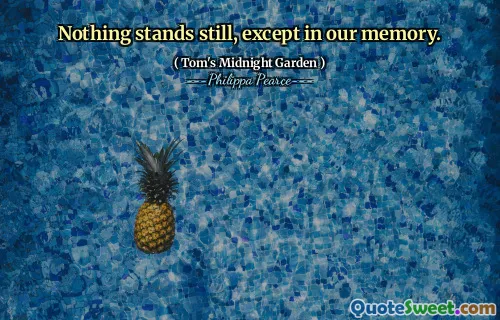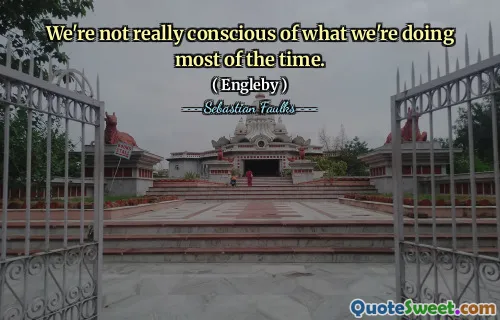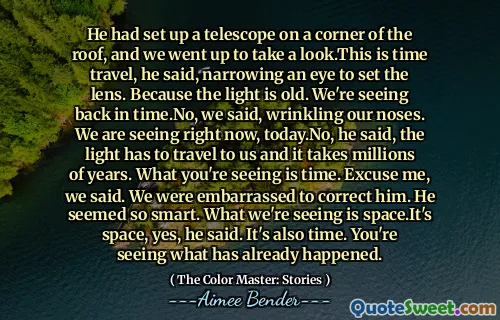From space, astronauts can see people making love as a tiny speck of light. Not light, exactly, but a glow that could be confused for light - a coital radiance that takes generations to pour like honey through the darkness to the astronaut's eyes.In about one and a half centuries - after the lovers who made the glow will have long since been laid permanently on their backs - the metropolitan cities will be seen from space. They will glow all year. Smaller cities will also be seen, but with great difficulty. Towns will be virtually impossible to spot. Individual couples invisible.
The passage reflects on how, from the perspective of space, the intimate actions of people become mere specks of light, a faint glow that signifies human activity. This glow represents a coital radiance, illuminating the darkness like honey being slowly poured over time. The idea suggests that although the couples themselves may be invisible, their moments create a lasting imprint on the collective consciousness, noticeable from afar.
As time progresses, the visibility of cities from space will change dramatically. In approximately one and a half centuries, urban areas will glow continuously, while smaller cities will be harder to detect and towns almost impossible to see. This highlights a contrast between the grand scale of metropolitan life and the intimate, fleeting nature of individual human connections, emphasizing how the personal is often overshadowed by the vastness of the collective.





